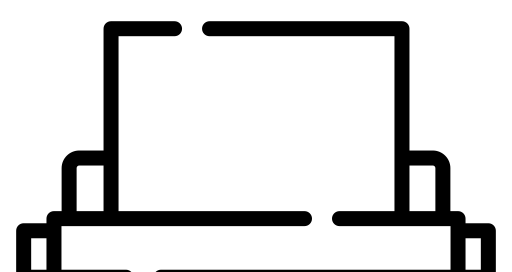Signed copies of my James Beard-nominated cookbook, Made in Taiwan: Recipes and Stories from the Island Nation, are available at Omnivore Books, Book Larder, and Kitchen Arts.
The caveat about working in media is that it is a moving target. It changes so quickly that educational institutions charged with training the next generation of media professionals either don’t know how to keep up or refuse to keep up.
In college, I had a professor who quizzed us on the contents of the New York Times print edition because he deemed the digital version inferior. Meanwhile, other professors insisted that we had to be jacks of all trades to succeed in this highly competitive industry. So, I learned how to shoot, edit, and write for print, blogs, radio, and TV. The prevailing philosophy was that the more skills we mastered, the more employable we would be. However, there was no consensus on whether to specialize in one medium or be proficient in many.
I was an editor at my college newspaper, the Washington Square News, which competed directly with The Local, a burgeoning digital-only “blog.” Both publications broke important news and covered the same events, but as stewards of a print publication, we had to stay in the office until all the stories were in so we could send the files to the printers. More often than not, I clocked out at 1 a.m. Meanwhile, staffers at The Local could work remotely from their dorm rooms.
I wore my late-night shifts at the newspaper like a badge of honor because print felt like the superior product. Today, the Washington Square News is a digital-only publication (also, LOL @ this throwback blog post from The Local ft. Washington Square News).
But despite my print superiority complex, I also interned at cable news networks, radio stations, alternative weeklies, reality TV production companies, and even the Manhattan Borough President’s office.
I was confused. I had 12 internships. I took all the advice literally. As a lowly intern on the bottom of the totem pole, I mostly performed now-antiquated tasks like pulling tape from the archives, operating the teleprompter, and mastering different companies’ ingest systems. My most valuable internship was at the LA Weekly, where then-staff writer Dennis Romero would sit me down and edit my copy with me line by line.
In retrospect, my professors should’ve just trained us to be strong writers and left it at that. Most of the “multimedia” skills my internships taught me are now irrelevant.
Of course, there are incredibly talented unicorns out there who can write, research, shoot, edit, color grade, audio mix, recipe develop, and be on camera, all while maintaining a killer social media account and a highly profitable newsletter. I’ve long accepted that I am not one of those people, and that’s okay. It’s okay to outsource. It’s okay not to know or not to want to do everything.
Even more importantly, it’s better to be good at one skill than mediocre in a lot of skills
When people ask me what I do (cookbook author? journalist? video producer? podcast producer? fixer?), I tell them I am just a writer. I’ve realized that the medium in which your work is broadcast does not matter because good writing makes up the foundation of a good story.
The benefit of adopting this lean philosophy is that I don’t need much to get my work done. Over the years, I’ve really minimized and honed in on my toolkit. Here are my favorite tools:
There are so many transcription and translation services out there; this is the most affordable one I can find. It doesn’t have a great interface, and the translation is just Google Translate, but it gets the job done. For roughly $60 a year, you can get 3600 minutes of audio transcribed. That’s 60 hours of audio, more than I need in a year.
If you go through many more interviews than I do and have the budget, I recommend Trint (right now, it’s priced at $720 a year for unlimited). I was also using Sonix.AI for a while and loved the interface and translations, but at $10/hour, it was getting a bit too pricey for me.
Beyond the paywall…
A recording device, grammar-checking software, how I use ChatGPT for translation, a recipe testing hack, and what software I used to write my cookbook



